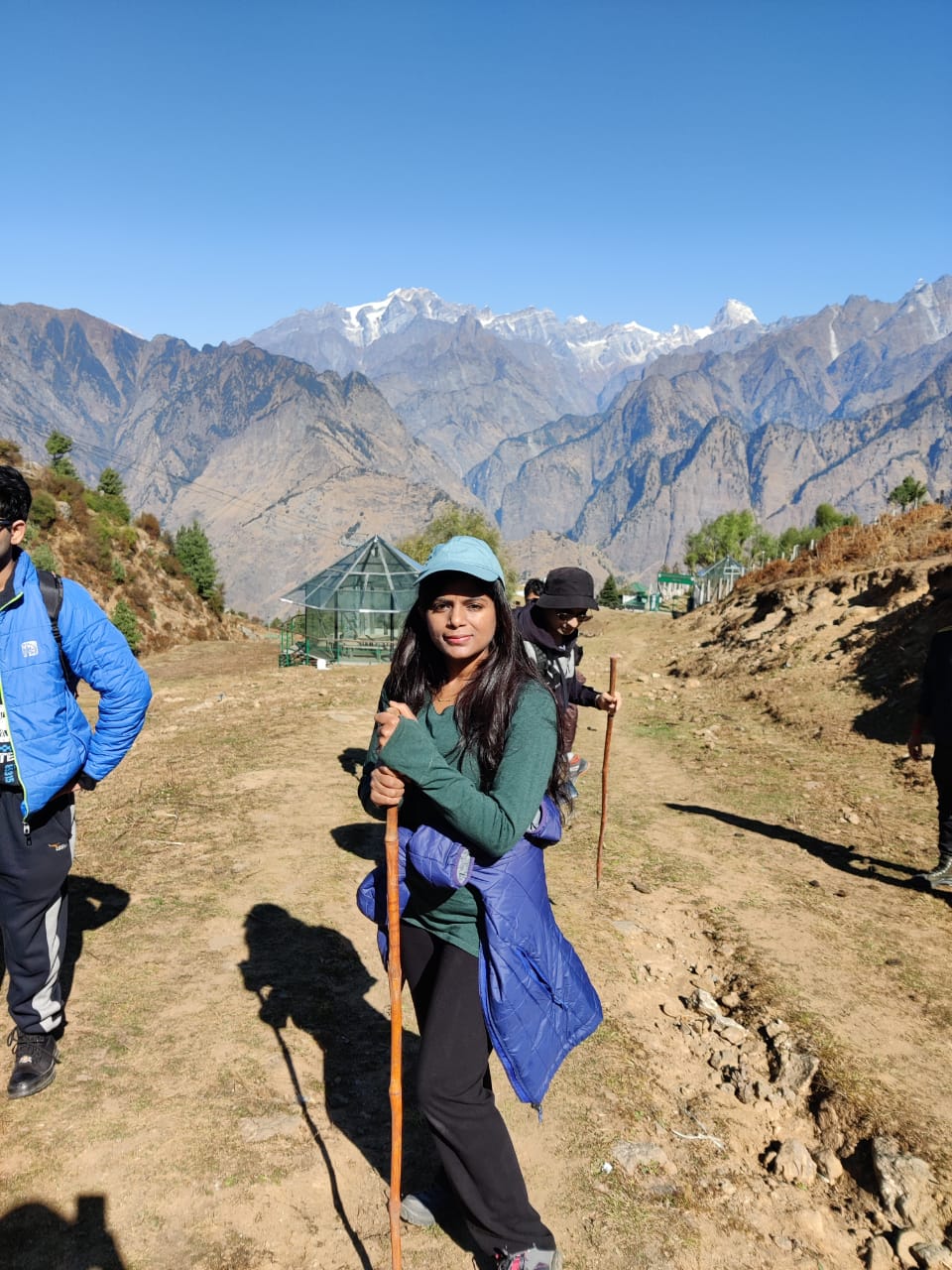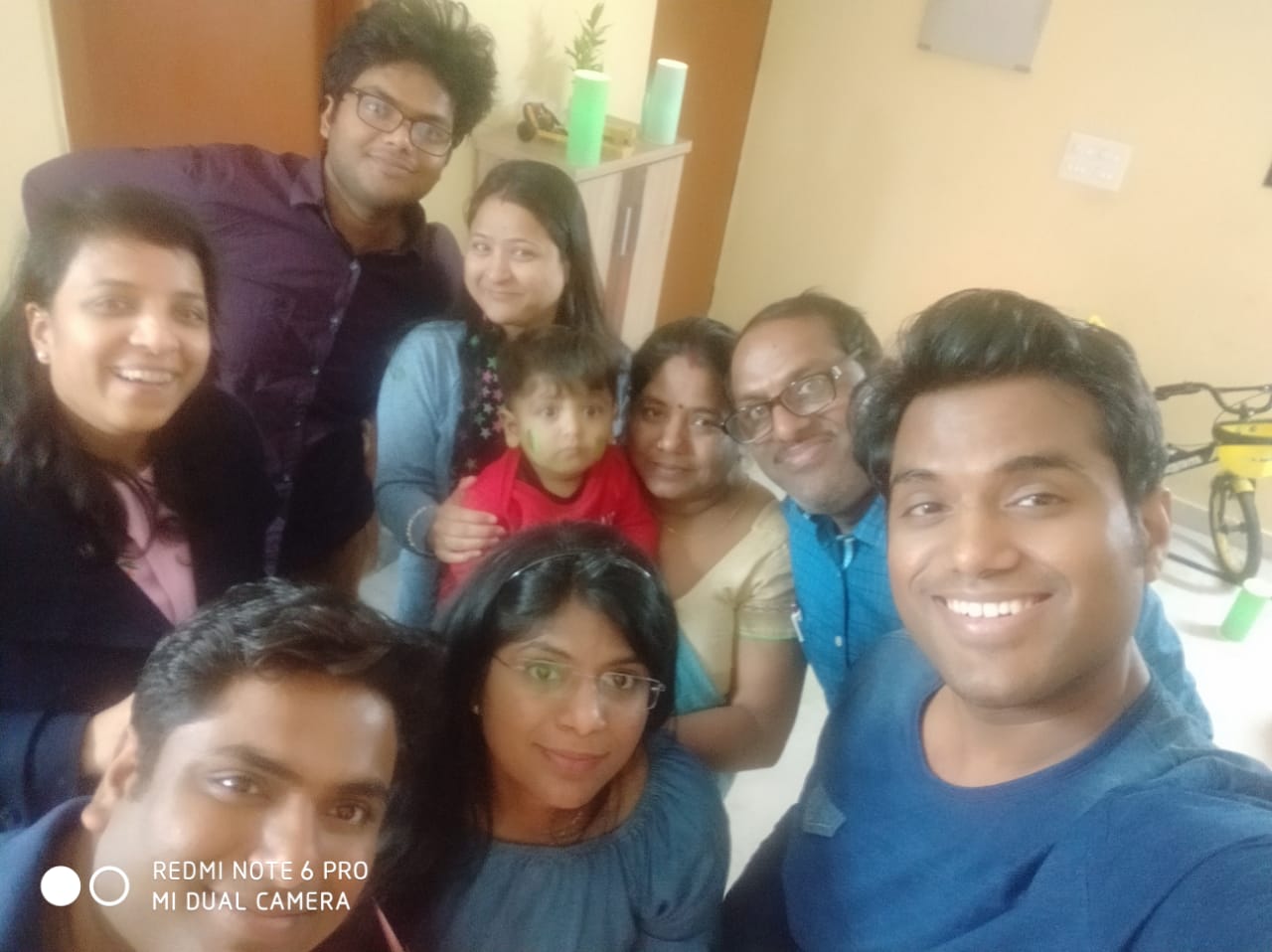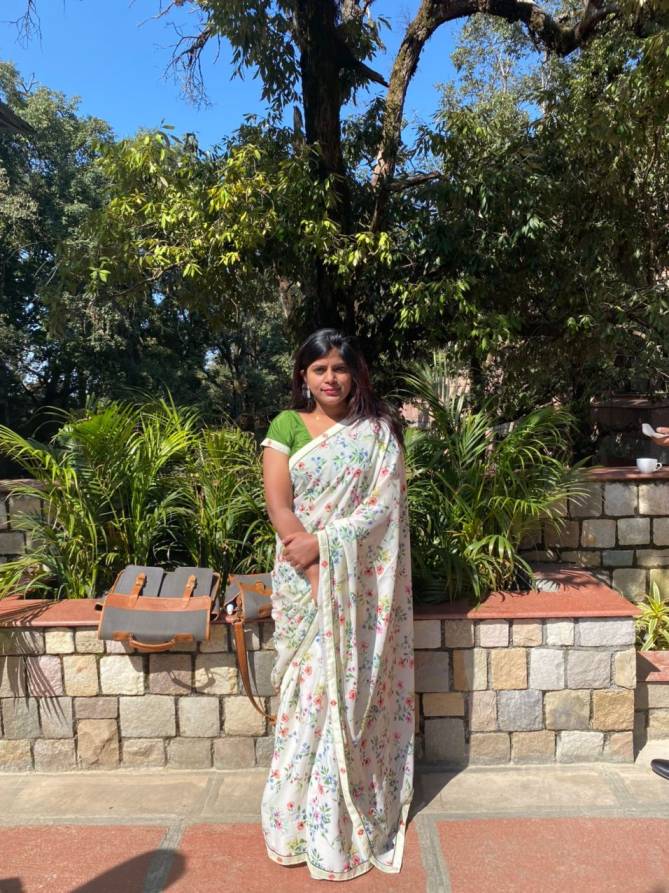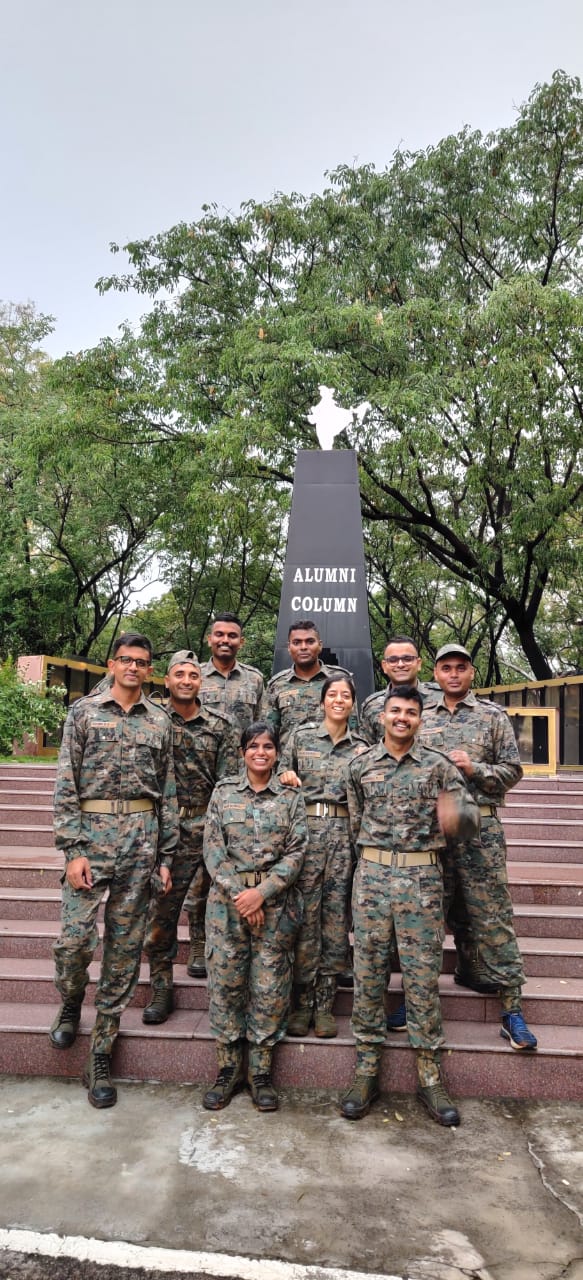IAS Officer Shares How to Balance General Studies, Optional Subjects to Clear UPSC
On her fifth attempt, Nidhi Bansal cleared the UPSC CSE with an All India Rank of 23. Find out how she balanced her time preparing for GS and her optional paper for the mains.

Nidhi Bansal appeared for the Union Public Service Commission’s (UPSC) Civil Service Examination (CSE) in 2019 and went on to secure an All India Rank of 23. This was her fifth attempt, and in this article, she explains what her strategy was, and how one can clear UPSC while balancing the optional paper along with the general studies (GS) paper for the main exam.
Nidhi spent her childhood in a town called Kailaras in Morena district, Madhya Pradesh. Her family then moved to Gwalior from where she completed her education. A computer science graduate from NIT in Trichy, she also spent one year working in a multinational corporation.
“Despite being in a well-paying job I did not get the satisfaction I was looking for. It was during this time that I started considering appearing for the UPSC exams,” says Nidhi.
Starting from ground zero

For Nidhi, there was no one to guide her when she started her preparation. She says, “My father was a businessman and my mother was a homemaker. My decision to appear for the UPSC came as a surprise to everyone given that nobody in my family had ever done so.” Nidhi decided to pick sociology as her optional paper and also enrolled with a private coaching class to get a sense of what the exam would entail.
While Nidhi was unable to make headway in her first attempt in 2014, in her second try a year later, she secured an All India Rank of 219 and was allotted to the Indian Police Service (IPS) in the Tripura cadre. “I was happy with my allotment and even underwent the training programme,” says Nidhi. However, she still felt that becoming an IAS officer was her ultimate goal and decided to pursue it.
However, in Nidhi’s third attempt as well she secured an allotment with IPS in the Jharkhand cadre.
Change in strategy

“I realised that I needed to relook at my entire strategy that I had adopted to become an IAS officer, and it was during this exercise that I found my optional paper, sociology, was the reason my score was not good,” says Nidhi.
She shares a few tips that helped her achieve her goal.
Choose a subject that you like
Nidhi says, “I had chosen sociology based on factors that did not make any sense to me. I then decided to pick mathematics, a subject that I not only enjoyed but was also reasonably good at. That helped a great deal.”
Find a mentor or a source to help you
“I decided to do self-study for the optional paper and relied on seniors who guided me while I was preparing. If you have that option, please do reach out to someone who can act as a mentor during your preparation period,” says Nidhi.
Learning to balance
“From experience, I can say that in my quest to ace the optional paper, in my fourth attempt, I did not score so well in the GS and essay section. This led to the conclusion that I needed to fine-tune my study strategy to ensure that I gave all sections of the syllabus equal importance,” says Nidhi.
It was after this that she decided to try one more time and for that she took the year off from her posting.
On balancing GS, optional and essay to clear UPSC

- Specifically, for GS, rather than pick multiple sources, Nidhi concentrated on limited resources, which she revised over and over again.
- The key to cracking this examination lies in the manner in which aspirant’s revise. The more time you spend in revision, the better the results.
- In both the prelims and the main examination there is always a paucity of time, so when an aspirant sees the question, the answer to it must immediately strike you.
- In terms of time management, Nidhi mentions that every night she would set herself a target to achieve the next day. “I ensured that I completed whatever I set out to do each day,” she says.
- Make sure you are done with your optional paper preparation before starting your final revision for the prelims.
- Just after the prelims, aspirants can set aside some time for GS, and concentrate more on the optional and essay.
- Making notes is not just useful to use as a revision tool later on but also helps in improving your writing speed and in attempting your essay questions.
- While the examination tests your knowledge, it is also a personality test and therefore aspirants must be confident at all times.
Math – as an optional paper choice

Having chosen math as her optional paper, Nidhi shares certain insights that might help other aspirants. She says, “Choose math only if you have an aptitude for it. It is a lengthy and tough subject, but one can crack it with regular and sustained self-study.” She also says that restricting the amount of content one uses to study will benefit the candidate. “Use tried and tested books and materials for preparation,” she says.
She also says that to clear UPSC making notes for math was useful given that the syllabus for it is rather voluminous. “The more you practice in math, the better you’ll get,” she says.
In conclusion, she says, “Do not let anything or anyone’s words deter you. All this examination asks of you is your hard work and consistency. Do that and you are sure to be successful.”
(Edited by Yoshita Rao)
If you found our stories insightful, informative, or even just enjoyable, we invite you to consider making a voluntary payment to support the work we do at The Better India. Your contribution helps us continue producing quality content that educates, inspires, and drives positive change.
Choose one of the payment options below for your contribution-
By paying for the stories you value, you directly contribute to sustaining our efforts focused on making a difference in the world. Together, let’s ensure that impactful stories continue to be told and shared, enriching lives and communities alike.
Thank you for your support. Here are some frequently asked questions you might find helpful to know why you are contributing?


This story made me
-
97
-
121
-
89
-
167













